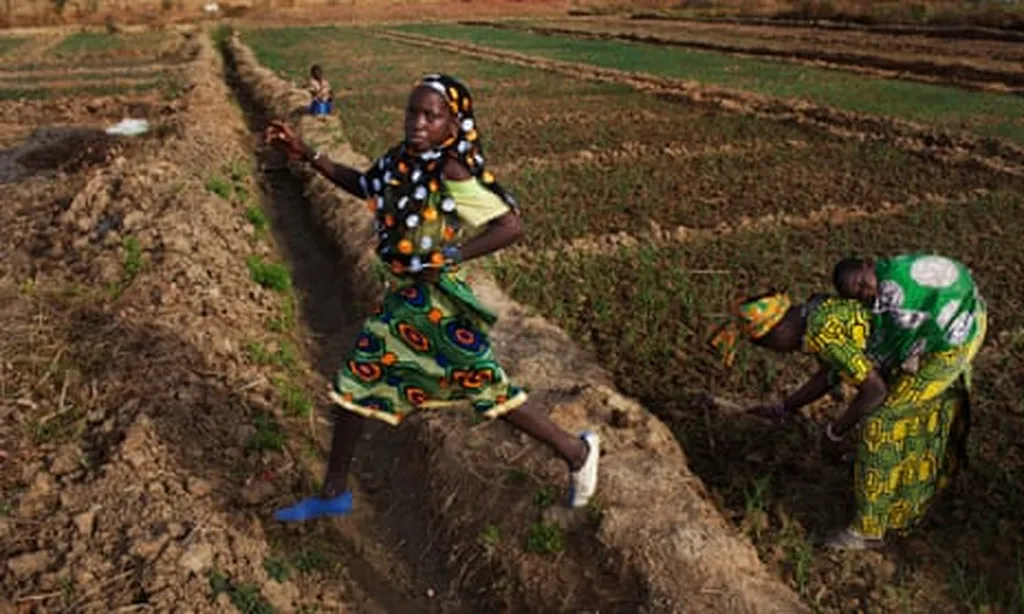In the heart of Nigeria, where agriculture is the lifeblood of the economy, a quiet revolution is taking place. Sweet potatoes, often overshadowed by more popular crops, are emerging as a powerhouse in the food industry. Stella O. Odebode, a researcher whose affiliation is not specified, has been delving into the world of sweet potato processing and the crucial role of effective communication in technology transfer. Her work, published in the journal “Issues in Science and Technology Librarianship” (which translates to “Problems of Science and Technology Librarianship”), is shedding light on how to bridge the gap between technological innovation and practical application in rural communities.
Odebode’s research focuses on the importance of agricultural extension, a non-formal education system that teaches farmers how to use new agricultural innovations to improve their economic conditions. “The transfer of agricultural technological innovation is essential for sustainable rural development,” Odebode emphasizes. She highlights that the choice of communication methods for extension teaching must be tailored to the target participants, the subject matter, and the resources available.
The study involved 120 respondents from five of Nigeria’s six geopolitical zones, all part of the Women In-Agriculture Unit of the Agricultural Development Programme (ADP). These respondents were asked about their sources of information on the transfer of sweet potato “gari” and “lafun” through three major methods of extension communication: individual method, group method, and mass media method.
The results were enlightening. The mass media method, particularly through farm radio programs, was found to be contributing effectively to sustainable rural development. “The use of appropriate and effective methods or a combination of the three extension methods will enhance the promotion and development of the sweet potato industry in Nigeria,” Odebode concludes.
This research has significant implications for the agricultural sector and beyond. By improving the dissemination of agricultural information, we can empower farmers, especially women, to use improved technologies. This not only boosts agricultural production but also helps meet the growing demand for better living standards.
The findings also underscore the importance of tailoring communication methods to the specific needs and contexts of the target audience. This approach can be applied to various sectors, including energy, where effective communication is crucial for the adoption of new technologies.
As we look to the future, Odebode’s work serves as a reminder that technology transfer is not just about developing new innovations but also about ensuring they reach and are effectively utilized by those who need them most. In the words of Odebode, “To build a self-reliant nation, effective teaching methods are essential to educate the farmers on the use of improved technologies.” This principle is universal and can guide us in our efforts to foster sustainable development in various fields.

